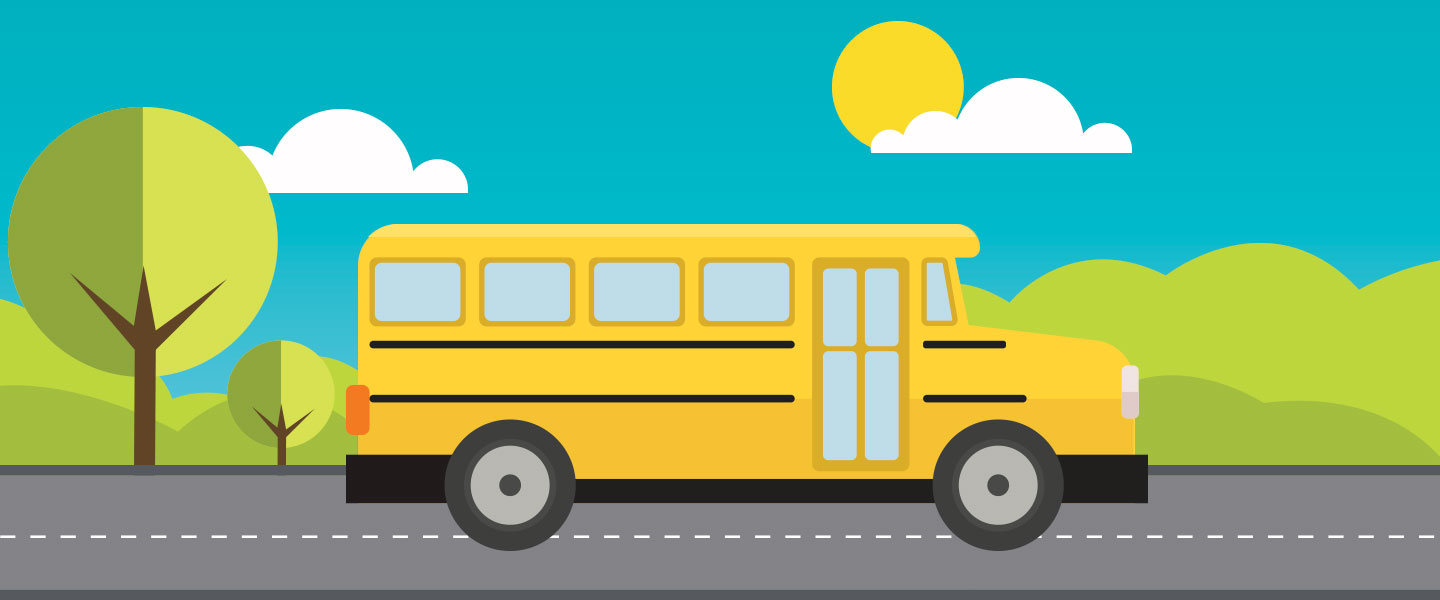Why does A.C.E. encourage weekly field trips? A.C.E.’s self-instructional curriculum incorporates rewards as motivation for students’ learning. While most adults earn money as a tangible reward for their work, school children may not be able to appreciate the intangible reward of their learning (an education) until it is far too late for them to take advantage of this opportunity. Students who are not self-motivated will benefit academically from external motivation, such as the reward of a weekly field trip when they accomplish their goals.
Research and Prepare
Consider the cost, travel time, safety issues, legal concerns, amount of volunteers needed, and appropriateness of each field trip well in advance to avoid surprise cancellations that may disappoint your students. Keep costs low by borrowing supplies from the families whose children attend the school, checking for group and educational discounts, and staying as local as possible. Do not be afraid to split students into smaller groups if some activities have age restrictions.
Build Excitement
Once you have a field trip on the school calendar, take some time to explain to the students where they will go, who they might meet, and what they will do. Perhaps use some visual aids. If any students have been there before, consider asking them to share their experiences. Motivate students to interact by promising rewards for what they have learned on their field trip.
Follow-Up
After the trip thank students for good behavior. Encourage them to reflect upon the trip and share their thoughts. Perhaps make a special field trip blog where the students can upload pictures, drawings, and comments. Write thank-you notes to everyone who helped and made the trip possible. Encourage the students to personally thank the people they met. Reward students for demonstrating their newfound knowledge.
Keep It Fresh with these ideas:
- Explore landmarks, parks, lakes, rivers, or the ocean.
- Get hands-on at a crop farm, dairy, ranch, or chicken farm.
- Visit a museum, library, art gallery, planetarium, aquarium, or zoo.
- Attend live performances such as plays, musicals, symphonies, and operas.
- Tour your state house, city hall, or local government offices.
- Meet the people who keep your community safe at the fire and police departments.
- Tour a military base.
- Learn about the importance of the press at a newspaper or radio station.
- Meet professionals at local businesses such as restaurants and bakeries, auto repair shops, and factories.
- Visit a farmer’s market or local and state fairs.
- Tour a water treatment facility, waste management plant, or recycling center.
What makes a field trip purposeful?
Connecting Places with their Historical Significance
Do not let your students remain ignorant of local history. Make sure they understand the things that happened in the place you visit and how that impacts them in the present.
Enjoying Creation
Help your students appreciate the beauty of creation to develop greater respect and awe for the Creator.
Experiencing Agriculture and Animal Husbandry
Everything we eat comes from somewhere. Connect the dots for your students and help them to understand our immediate reliance on farmers and indirect but complete reliance on God for survival. God sends rain as a blessing — no rain means no food.
Understanding Culture Through the Arts
All throughout history people have created art (in many forms) to express ideas and feelings. Help your students understand the historical events that influenced the art they experience.
Observing the Government
Help students understand how your government works and how they can be involved and informed as adult citizens.
Appreciating Public Servants
They risk their lives every day to serve and protect us. “Greater love hath no man than this, that a man lay down his life for his friends” (John 15:13). Your students can show their appreciation for the sacrifices public servants make to keep us safe. Teach your students how to say “thank-you.”
Learning about Career and Trade Opportunities
Students will learn about many career opportunities as they meet new people. Help your students seek God’s leading for their future.
Building Friendships
Field trips can be fun times for students to grow closer to each other.
Understanding our Environmental Impact
Among the first responsibilities God gave Adam and Eve is His call to stewardship. Get your students thinking about how they can care for God’s creation.
Connecting with the Community
Field trips can be opportunities to reach the community with the Gospel.

